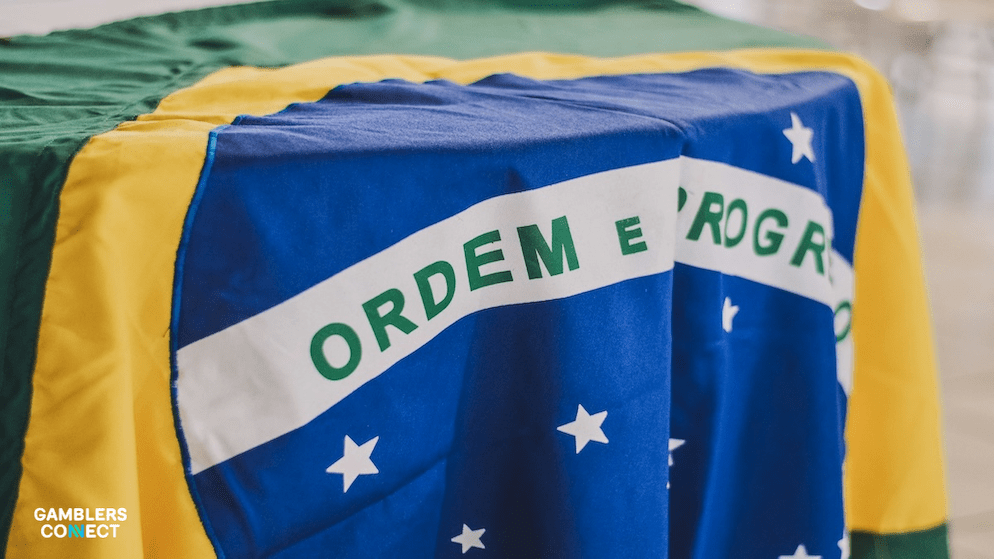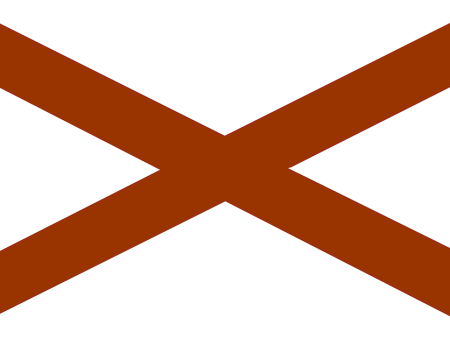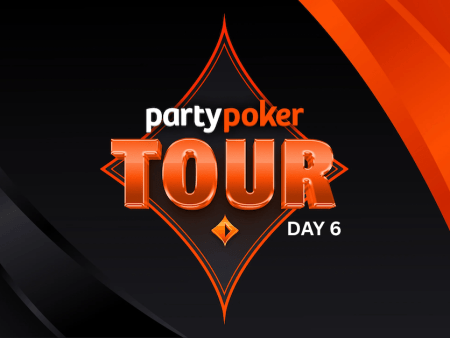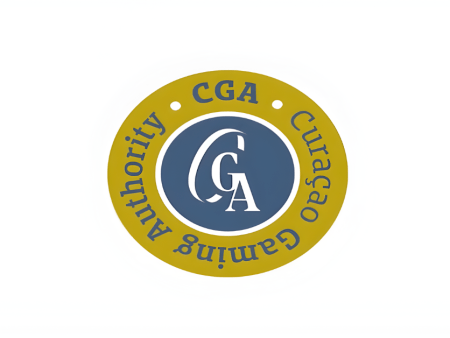
The rapid expansion of Brazil’s regulated betting market encountered a hurdle in October, with tax revenues experiencing their first significant month-on-month decline.
According to the latest data from the Federal Revenue Service, the sector generated BRL 1.09 billion in October, representing a 9.4% decrease compared to the BRL 1.21 billion collected in September.
Despite this temporary contraction, the market has demonstrated remarkable robust performance overall, contributing a total of BRL 7.95 billion to state coffers since the regulatory framework went live on January 1.
However, the immediate financial data is currently being overshadowed by a high-stakes legislative battle that could fundamentally reshape the industry’s economics. The Senate’s Economic Affairs Committee (CAE) is preparing to vote on Bill PL 5,473/2025.
If passed, this legislation would aggressively increase the tax on Gross Gaming Revenue (GGR) from the current 12% to 24%. Industry experts estimate that when combined with other municipal and federal levies, this hike would push the effective tax burden on operators to over 40%, potentially stifling investment and growth.
The political atmosphere surrounding this bill is tense and divided. Chamber of Deputies President Hugo Motta has already delayed previous votes, citing a lack of sufficient support. Nevertheless, the administration of President Lula remains determined.
Facing an upcoming election year and stringent fiscal targets, the government views the increased levy on “wealthy” betting operators as a politically viable strategy to secure necessary revenue without burdening the general populace.
Industry analysts are sounding the alarm regarding these aggressive fiscal maneuvers. There is a growing consensus that doubling the tax rate while the regulated market is still in its infancy could be counterproductive.
The primary fear is that an excessive tax burden will force licensed operators to exit the market or pass costs onto consumers, inadvertently driving players back to unregulated, offshore platforms—effectively undoing the progress made throughout the year.
As the vote approaches, the stakes are exceptionally high. While October’s revenue dip is viewed as a minor fluctuation, the pending Senate decision represents a turning point that will determine whether Brazil’s betting market continues its trajectory of growth or faces a premature contraction.
Elvis Lourenço, Brazilian iGaming Analyst:
“That’s the main reason that they struck back so fast, because it was embarrassing for them [the failed provisional measure]. This becomes an election agenda… So, to put this on their agenda, ‘we increase the taxes of the billionaires, of the gambling world’, it is good for the speech of the actual government.”
“But 24 percent is insane. It’s insane and it will collapse the market.”
Hugo Motta, President of the Chamber of Deputies:
“Regarding the increase in the taxation of betting to finance public security, I believe it would find strong backing in the Chamber if brought to a vote. We understand that there is indeed a lack of funds for security.” (Note: While Motta supports funding security, he recently delayed the specific vote on the tax hike due to lack of consensus on the bill’s current form.)





